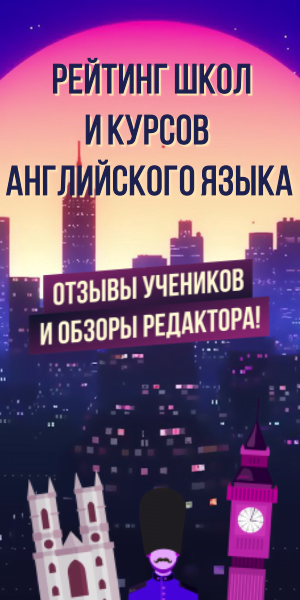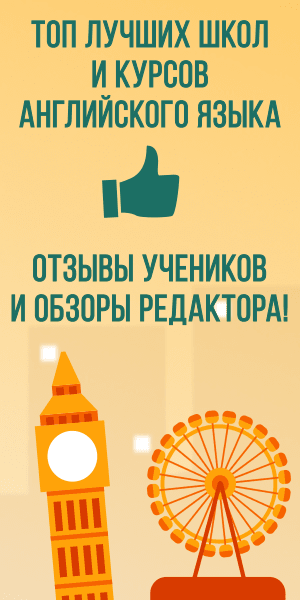The United Kingdom or, the United Kingdom of Great Britain and Northern Ireland is the largest state in Europe (77th place in the world, 243809 sq. Km.), Located on the islands in the Northern Hemisphere and washed by the Atlantic Ocean on the one hand and the North Sea on the other. Britain is the successor of the largest state in the history of mankind — the British Empire — and one of the nuclear powers of the world. The capital of the state, London, is the financial capital of all of Europe, even though the UK is not part of the European Union. Accordingly, the UK currency has its own — pound sterling.
Literally, all the epochs of the history of this island state are shrouded in a halo of mystery and romanticism. The British Isles have settled about 30,000 years ago. B 43. AD The Roman Empire began the conquest of this distant state and extended its power far in time — for the whole 4 centuries. In the 10th century, scattered tribes in the south of the island united in the Kingdom of England, and in the north into the Scottish kingdom. During the times described in the legends of King Arthur and Beowulf, the Normans invaded the kingdom, exporting a little feudalism to the country.
The Middle Ages became a time of enormous growth of the ambitions of the rulers, which resulted in constant campaigns for new territories — confrontation with Scotland and France, the war with the latter, by the way, was one of the longest in the history of mankind, for which it was called the Hundred Year. In the late Middle Ages, England confidently mastered the new continents, the ships of its fleet plowed almost all the seas and oceans, discovering hitherto unexplored corners and hoisting on them a blue flag with a red cross in a white edging. At the peak of its power, at the beginning of the 20th century, the British Empire occupied almost half of the world, but, despite the victory over Hitler in World War II, which Britain gained as part of the Allied forces, there were no chances to preserve the empire — they raised here and there head leaders independence movements. Britain decided to leave its colonies without blood. The scale of decolonization can be estimated from the following figures: before 1949, the number of subjects of the empire outside the metropolis was 700 million people, after 1949 — 5 million.
The UK is located on 2 large islands and a large number of small islands and archipelagoes located across the English Channel from mainland Europe. Most of the country lies in the lowlands and only in the northwestern part there are mountains. England is the largest component of Great Britain, occupying more than half of the total territory. Here, in the relief, lowlands and flat hills prevail, as in Ireland, but Scotland is the land of high mountains, like Wales. The climate of Great Britain is completely indebted to its foul nature of the ocean — precipitation is frequent and abundant throughout the year. The average annual temperature fluctuation ranges from ‑11 to +35 degrees Celsius. Winters are mild thanks to the Gulf Stream Oven.
Today, the UK is one of the main economies of Europe and without exaggeration its financial center. In 2010, the UK ranked 6th in terms of GDP ($ 2.247 trillion), second only to Germany. 73% of this amount was generated by the service sector, and, above all, financial services. London, with the largest GDP among European cities, is on a par with New York and Tokyo. Great Britain, as a country in which the industrial revolution took place, first led in heavy industry: steelmaking, shipbuilding, and other industries, but as time passed and the surrounding countries did not stand still. Today, the basis of the welfare of the real sector of the country’s economy is the automotive, aviation and pharmaceutical industries. At the same time, in 2007–2008, about 22% of the country’s population lived below the poverty line, which is the highest relative indicator for EU countries.
The population of the country as of 2011 is 62.6 million people (22nd place) and the UK is in 3rd place in the EU in this indicator. The British are the absolute ethnic majority, but people from the former colonies are also widely represented — Indians, Pakistanis, blacks from the Caribbean islands and from Africa. They all speak English, but Welsh (Wales), Irish (Ireland), Gaelic (Scotland) and Cornish (Cornwall) are used along with him in various parts of the country, and sometimes you may refuse to answer English purely on principle.
The system of government in Great Britain is very interesting — the monarchy is preserved here, and in parallel with it there is parliamentary democracy, where the prime minister is at the head of the government, who controls the country, and the monarch performs representative functions, communicates with the people and serves as one of the symbols of the state and its traditions.








